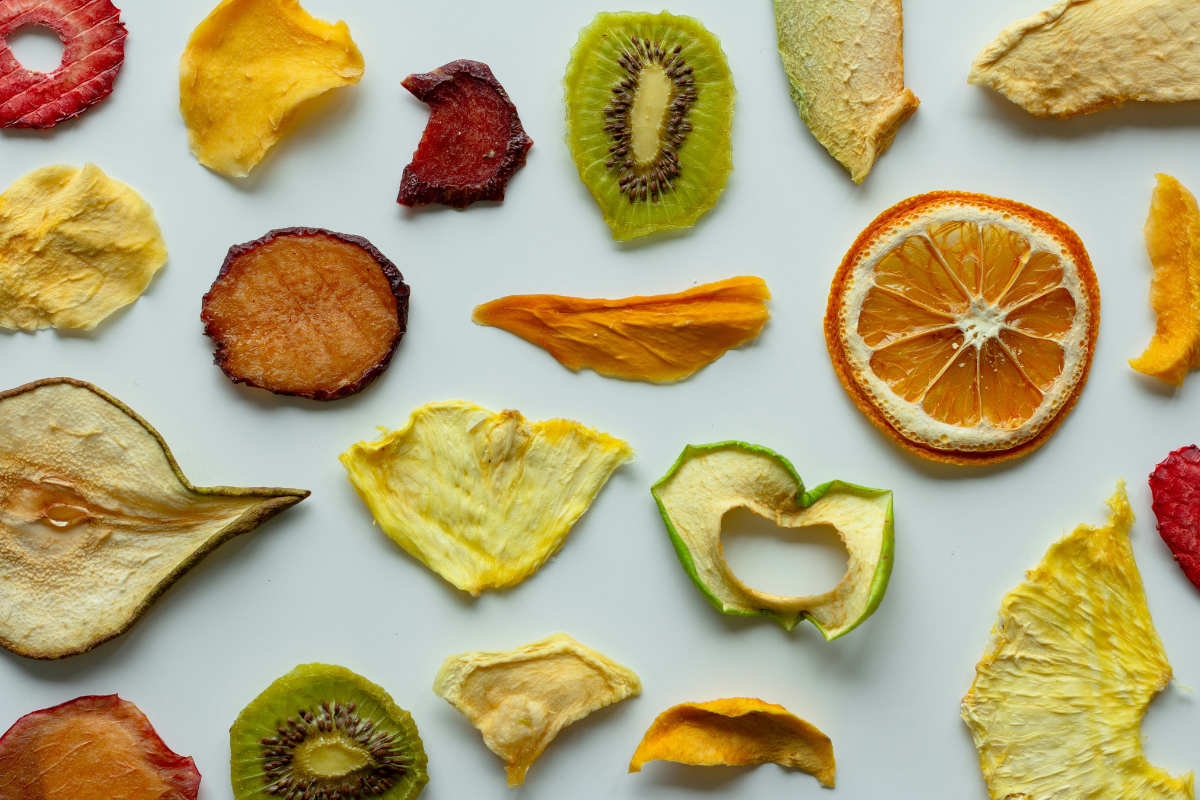Jewish holidays have an amazing way of meaningfully including children. I have many fond childhood memories of holiday rituals surrounded by family. Now as a parent, seeing my children participate in the same holiday rituals amongst extended family brings me sparks of parenting joy. These much-needed sparks get me through the doldrums of daily life that now include things like discussing the merits of wearing a jacket in below freezing January weather.
Creating these memories, however, involves significant unseen and often underappreciated parental labor. If you are hosting the holiday festivities, there is a minimum of grocery shopping, cooking, cleaning and guest logistics multiplied by the effort of managing small children while trying to do literally anything else. Should you be attending elsewhere, then you must mobilize, provision and outfit a small army, making it take hours just to leave the house. Don’t forget school celebrations! Child 1 needs to go to school in a robin’s egg blue shirt on Tuesday while Child 2 has pajama day on Friday. Multiply this overall labor by all the holidays and there is always something else that needs to be done.
In terms of additional parental workload, not all holidays are created equal. One of the worst offenders is Passover. For Passover one must make a feast of food following incredibly specific and disruptive dietary requirements, of which children will eat nothing. Then you must convince the children to sit nicely as you tell them a very long story with intermittent snacks including bitter herbs and salt water (representing the tears of our ancestors). Think Purim is fun? No, there is the cookie baking with a deranged sous chef, costumes that induce at least three tantrums to don and doff, and those god forsaken noisemakers.
Parents make it through a year of these holidays and what is our reward? Yom Kippur, when we are compelled to apologize to the little heathens for the deceit, bribes and coercion that have made the past year possible.
But then, in the dead of winter, after the onslaught that is the December holiday season, is the best Jewish holiday for parents: Tu Bishvat.
Known colloquially as “the birthday of the trees,” this minor holiday has turned into a quasi-Jewish Earth Day in modern times. So how do you celebrate with young kids?
First, you talk to your kids about nature and the environment. With a world on fire and climate crisis looming, we fulfill this mitzvah all year long — check and check. Next, if they’re in Jewish preschool or day school, the kids will come home with a plant, which thankfully takes weeks to die slowly before it magically disappears. Then, off with a babysitter the kids go.
Then comes the Tu Bishvat seder. Why are there no kids at the seder, you ask? Because there are not one, but four glasses of wine to be drunk. Now, I hear you saying, “Isn’t that true of Passover, too?” but as a minor holiday with few familial expectations, you might as well take a few liberties. Dinner with no kids means you get to sit, in peace, in your own chair, with your own glass, and eat and drink at a leisurely pace — with two hands as you do not also have to hold a baby. Then you have the meal. While other holidays have questionable food choices (looking at you, gefilte fish), food that takes forever to prepare (mother-in-law’s brisket recipe), or even a fast, the Tu Bishvat meal is a delicious assortment of easy to prepare fruits and nuts. Divided among four courses, the potluck practically plans itself. While Hanukkah is generally the holiday celebrating miracles, a babysitter and quiet dinner among friends is a true Tu Bishvat miracle in my book.
I don’t mean to be flippant: While the workload may be significant, enabling children to absorb the rich history and tradition that is their birthright is important. Telling the Jewish story through our calendar of holidays has preserved our beliefs and traditions through even the most dire circumstances. But this process comes at a cost to parents, most often women, paid in time, sweat and the tears of small children. Just this one time a year, it is nice to have a holiday for the parents, and of course the trees.
So whether or not you’re officially celebrating Tu Bishvat this year, raise a glass to the parents in your life that make the 52 Shabbats, 15 Jewish holidays, and 11 U.S. holidays come to life every single year. Cheers to us for making the magic happen. May your babysitter be timely, your wine be sweet, and the lack of screaming children be utterly blissful.








